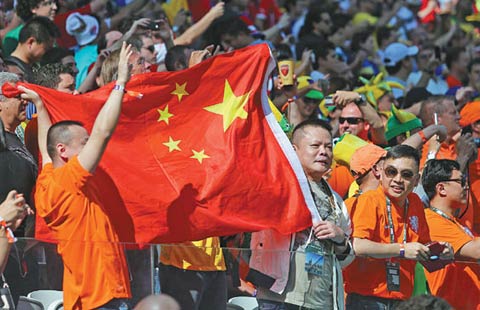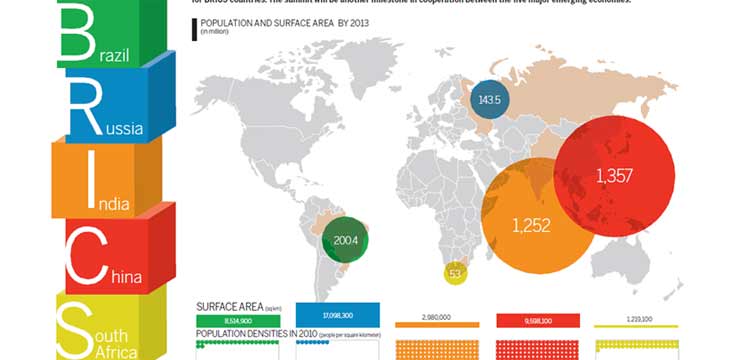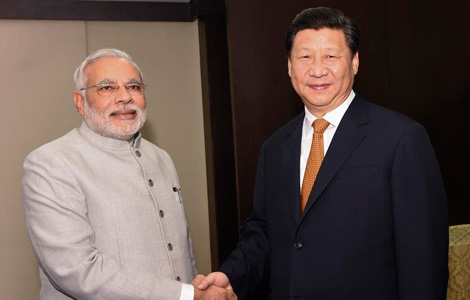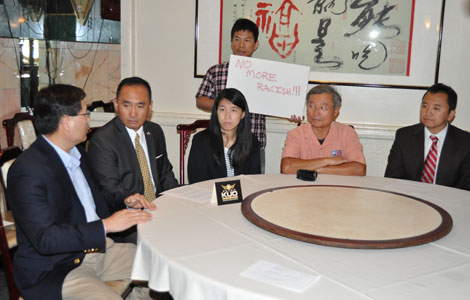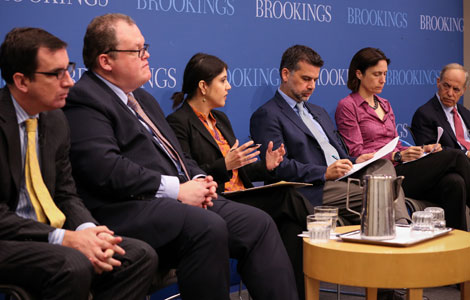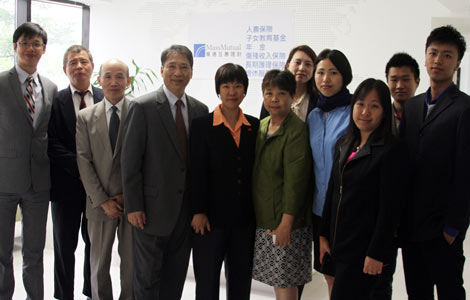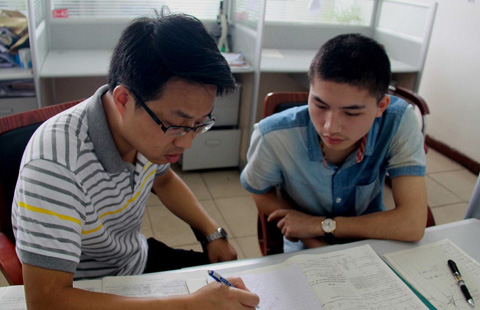Working across the divide
Updated: 2014-07-17 07:11
(China Daily)
|
||||||||
 |
| Visitors to the former battelfields meeting Chinese laborers and their British officer in Flanders, Belgium in 1919. [Photo provided to China Daily] |
"He believed that everyone is the same, as everyone is a child of God. He saw all of them as individuals, someone with soul, spirit and family," he said.
Frederick O'Neill's work inspired Mark O'Neill's interest in this period of history, which led to the publication of his book. In the book, O'Neill also devotes considerable attention to the fate of the Chinese workers after the war.
O'Neill gathered most of this information from Zhang Yan, a researcher in the history department of the University of Shandong, who interviewed the descendants of 65 returnees, largely in the Zhoucun district of Zibo in Shandong province.
|
Helen Fitzwilliam finds the topic of Chinese workers in World War I like a mythical story, similar to the journey of the Greek king Odysseus in Homer's heroic poems. "Here they go on a journey thousands of miles away and they encounter money, dangers and horrors, and yet they come away with the most extraordinary experience. I felt very emotionally attached to this story," Fitzwilliam said. |
"The workers came back from the war, some of them had money which they earned during the war, but many were traumatized by what they had seen-the shelling, killing, mines and horrific injury of people. They didn't want to speak about it," O'Neill said.
Returning to China had been almost a cultural shock for them as rural Shandong was very different from Western countries. Many Chinese workers became literate during their time abroad, but these skills were no longer useful after they returned. Many Chinese workers had earned money during the war, but this money was likely to be divided up between relatives.
Some of the workers had married French women and brought them back to Shandong, but the relationships did not work out because the French wives did not speak Mandarin and could not gain acceptance from the local community. Many of them went back to France.
Others had married French women and stayed in France. Very often they had happy marriages and had children, O'Neill said.
Implication for Chinese history
The Chinese workers may have felt forsaken but so did Chinese intellectuals. Many scholars say China's role prevented a German victory, but politically it seemed that China had gained nothing from the war.
After the armistice, the 1919 Treaty of Versailles saw Germany's concession ports in China handed to Japan, despite China's objections.
News of the fate of Shandong triggered an uproar in Paris, as Chinese students and activists surrounded the Hotel Lutetia where Chinese diplomats were staying.
At home, unhappiness over the treaty led to the May 4 protest movement, which was an anti-imperialist, cultural and political movement growing out of student demonstrations in Beijing on May 4, 1919. It marked the beginning of the New Democratic Revolution, and contributed to the rise of the Communist Party of China.
Another important link between the Chinese workers and modern China is their interaction with many Chinese students in France in the 1920s, including Chinese leaders Zhou Enlai and Deng Xiaoping.
Dendooven said it is still unclear as to what influence the Chinese workers had on Zhou and Deng, and this is a question that historians and academics are still striving to answer.
"Zhou and Deng would have read about the working and living circumstances of these Chinese workers, so they must have influenced them indirectly," Dendooven.
Looking into the future, Dendooven said he believes the involvement of Chinese workers in World War I will gain increasing attention as more books, television programs and exhibitions focus on this topic.
At the same time, the discovery of important written and oral evidence will help the body of scholarly work on this topic grow.
"So (the interest) is now trickling down to the broader public level, but it could still take us many years," Dendooven said.
 |
| [Photo provided to China Daily] |
Most Viewed
Editor's Picks

|

|

|

|

|

|
Today's Top News
China, US agree to boost cooperation on fighting terrorism
BRICS form new development bank
China to get new dairy hub
Classic China novel will be AMC series
Henry Kissinger undergoes heart surgery
BRICS bank to be headquartered in Shanghai
Xi attends sixth BRICS summit
Xi, in Brazil, talks with Obama over the phone
US Weekly

|

|

